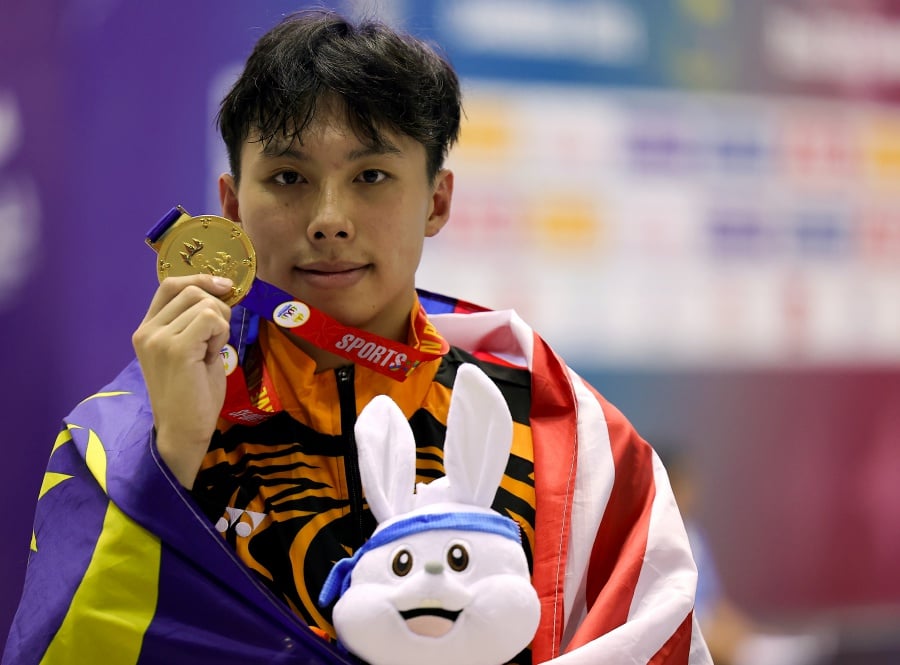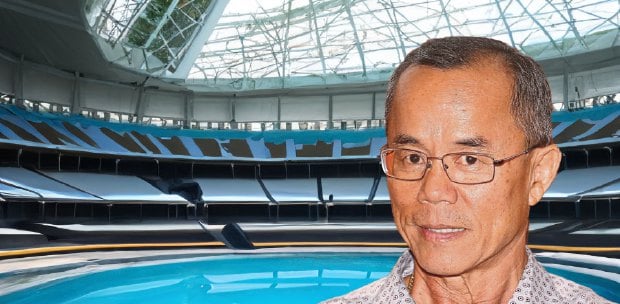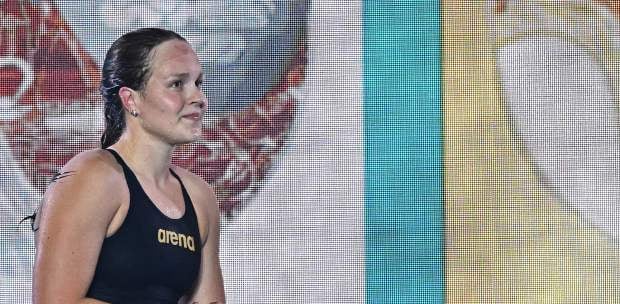WHEN Olympic Council of Malaysia president Tan Sri Norza Zakaria challenged Malaysia Swimming (MS) to get out of their slump to remain relevant after just one gold, four silver and two bronze in last year's Hanoi Sea Games, many thought the haul would improve at the ongoing Phnom Penh edition.
Instead, the national swimmers could not improve their tally, winning only one gold, three silver, and four bronze. Gold was delivered by Khiew Hoe Yean (in the 200m freestyle).
To add salt to the wound, there were swimmers who could not even make the finals of their events.
Of course, we cannot totally discredit MS's efforts as the men's swimmers smashed three national records in the 400m IM, 4x100 freestyle relay and the 4x100m medley, but still winning only one gold out of 39 on offer is pathetic.
Singapore again dominated, winning 22 gold medals, recording six Games and seven national records.
What has happened to the sport in Malaysia?
Gone were the days when Malaysia used to produce top-notch swimmers such as Nurul Huda Abdullah, Jeffrey Ong, and Alex Lim Keng Liat, who were among the best in Asia in their heyday.
The downward trend will continue until something positive is done.
Other countries in this region have improved, while Malaysia continue to lag.
The pathetic showing, though they achieved their one-gold target, will definitely see Malaysia finishing mid-table in the medal standings in Phnom Penh, unless the other sports can bring in more titles.
It is time for MS to chart a different approach. Learn from their Causeway neighbours and implement new initiatives in the country.
Swimming needs wholesale changes from development to elite initiatives.
Maybe swimming should be incorporated into the Malaysian education system and make it compulsory for all students to learn how to swim.
Pool accessibility to the masses will likely see a few more quality swimmers coming out of the system.
For now, swimming is only part of the syllabus in most international schools in Malaysia.
It is puzzling that Malaysian swimming is at its lowest ebb in an era of advanced sports science initiatives in the country.
Yes, there are not many public pools in the country, but almost all condominiums, apartments, and gated housing schemes have swimming pools, though not all are Olympic-size.
Again, swimming in the country needs revival, and it can be done by taking a holistic approach to improving things.
For short-term initiatives, the current batch of swimmers should be sent overseas for training stints with the national coaches focusing on developing new swimmers.
Funding is the biggest issue in Malaysian sports, but if you want to see this sport progress, you have to invest.
Ajitpal Singh is the Sports Editor of NST






